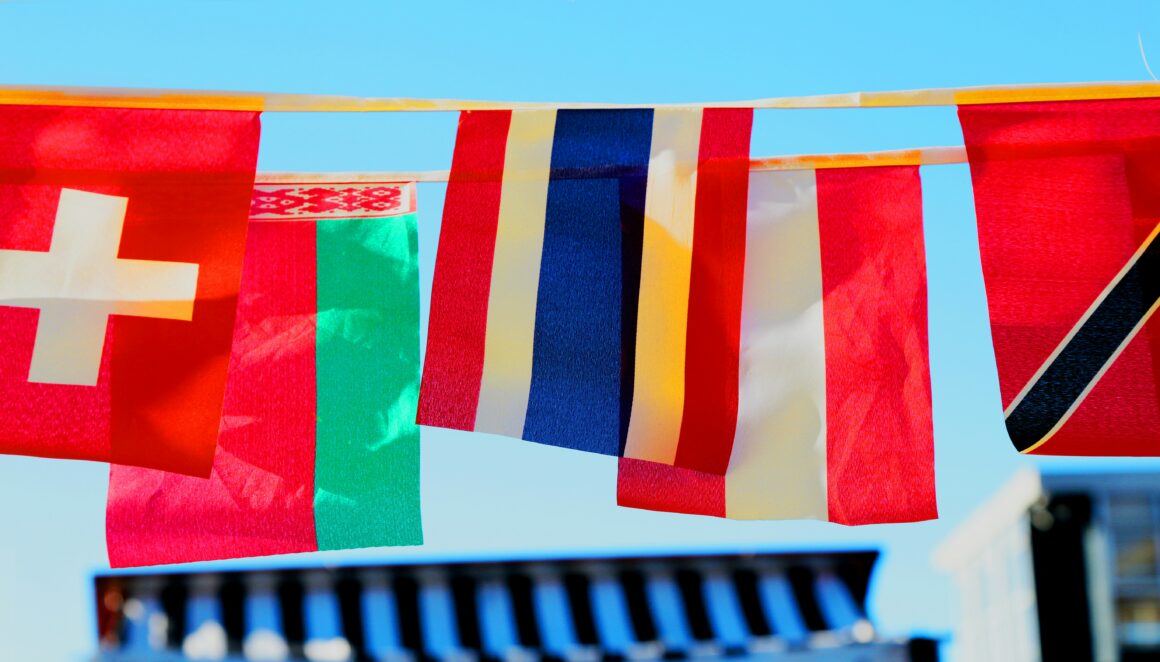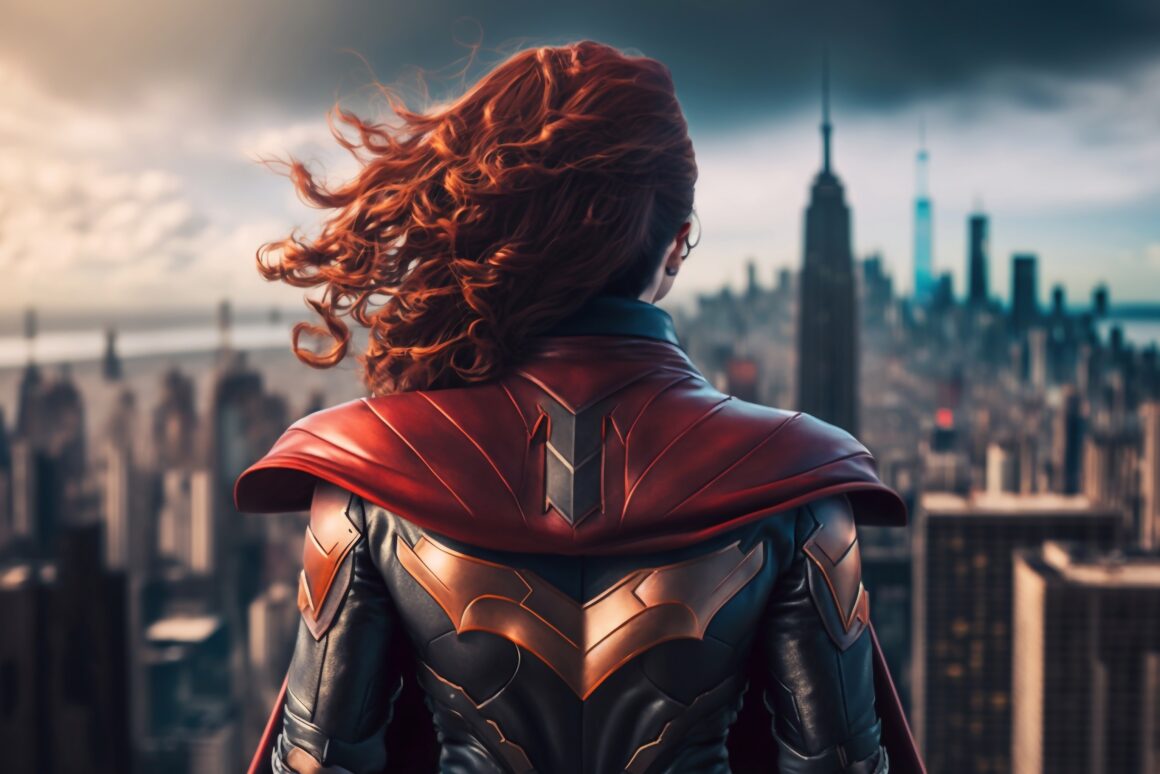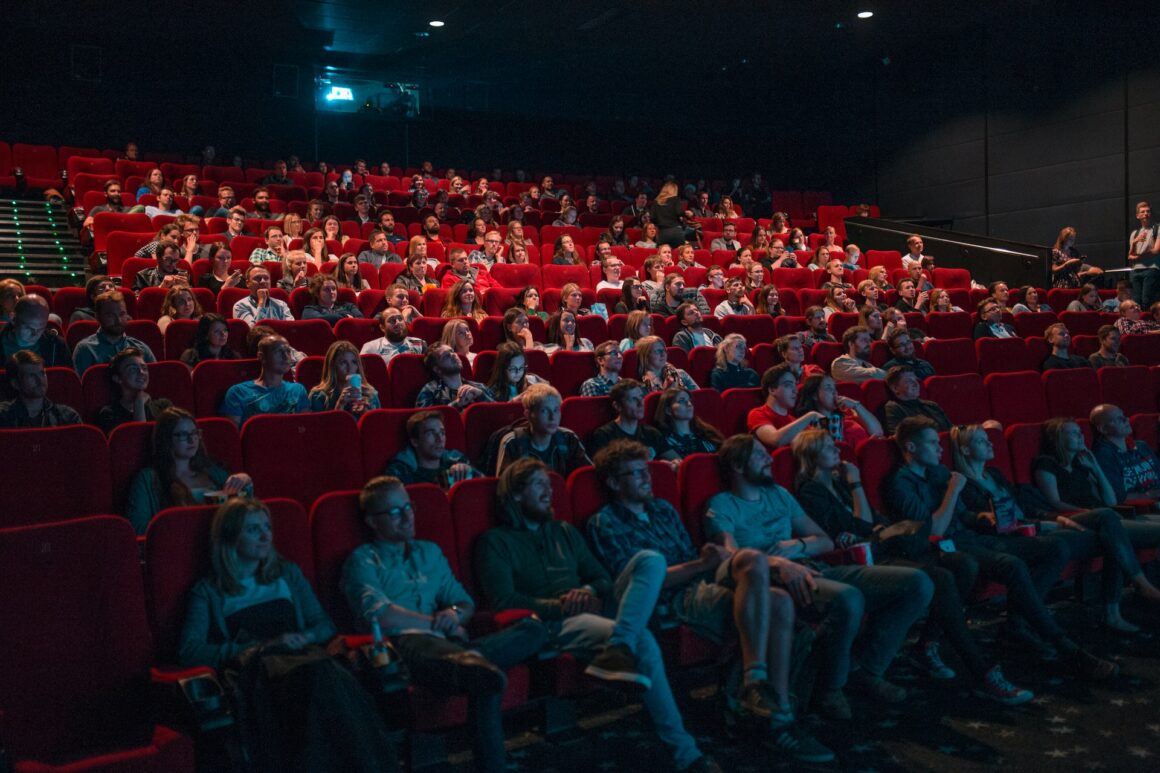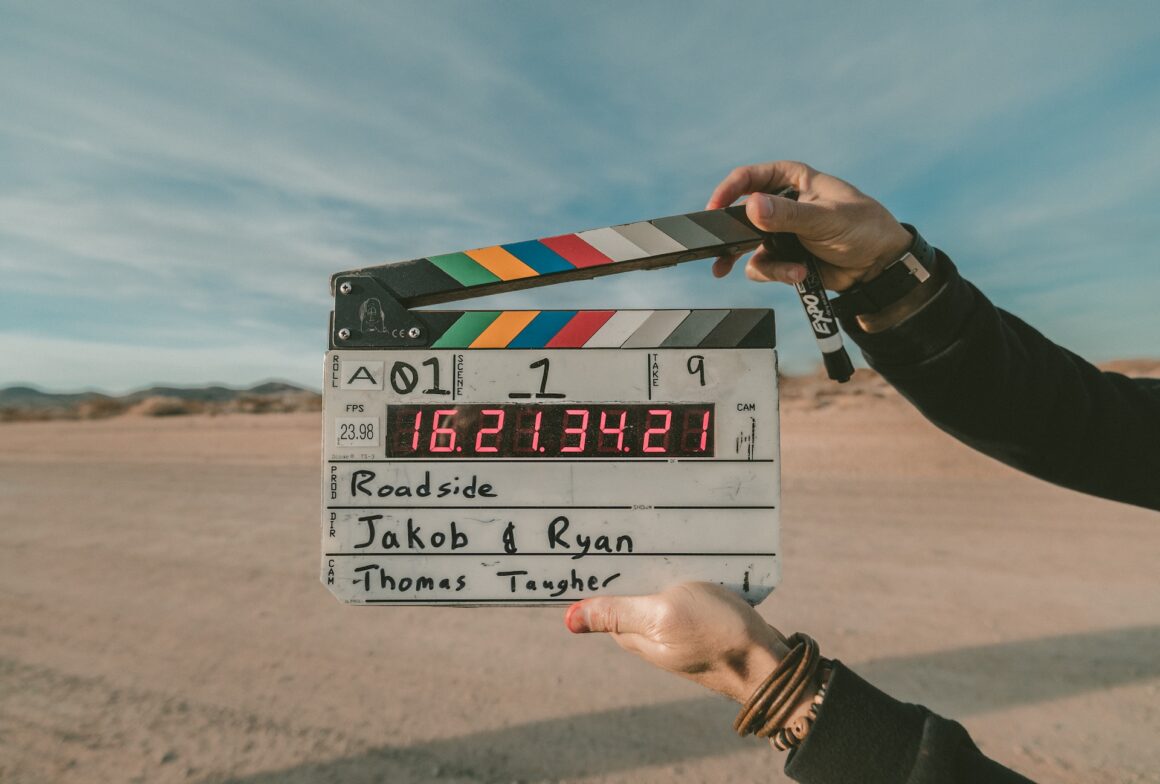Oakland-based filmmaker Nijla Mu’min is an award-winning indie film maker who stands out to me in her ability to offer fulfilling and intriguing black characters. I am excited for this new wave of black female filmmakers to come in and offer truthful and stunning film. I have never felt better represented than watching Ava DuVernay and Amandla Stenberg’s Blue Girls Burn Fast and after watching Nijla’s work I know film is going to only to get better. Below is a Q&A session with the filmmaker and two of her films for you all to stream!
1. What has been your journey as a filmmaker?
I was always a creative person. I’m from Hayward and in middle and high school I took part in dance, poetry and really enjoyed creative writing. I didn’t know I wanted to be a filmmaker until my time at University of California Berkeley led me to some film classes where I just… did it. I then realized that everything from my experience in writing and photography led to my passion for film. I then received my masters from Cal Arts in film directing in 2013. I’ve been to several film festivals and won a screenplay award from BET in 2014.
2. Ava Duvernay follows you on Twitter. What?!
Yeah, she’s great. I’ve known her since 2011, I met her when she was on the festival circuit with her first narrative film. I worked for her as a production assistant; we have been very supportive of each other and she is very supportive of me.
3. Do you find then that every connection counts?
Yes, having connections is one way to get noticed and it’s great because it encourages you to go out and meet people. I’m so lucky to have met and connected to so many people within the independent and black film community who have been extremely supportive.
4. How has being a black woman impacted you in film?
In one aspect, it’s amazing, you are telling stories that are so specific to your experience. Sadly, our experience has not been historically represented in cinema. The first black woman made a feature film in the 80s. It can be difficult because we are always breaking traditions but at the same time we have such a distinct perspective and we have so many diverse stories worth telling and I think that now we are seeing how fascinating work from black women can be. It’s great but it does has its limits. But we keep working and everything will be okay… no matter what.
5. Tell me about Oakland!
I’m from the Bay area, born Berkeley. There is a lot of activism, hence the birth of the free speech movement. A legacy of activism and human rights and black history is from Oakland. In my work I attempt to acknowledge people’s existences and validating sexuality, this is because of home. I think Oakland is a great place to be as an artist. There is a lot of gentrification happening now which is sad because people who grew up here may not be able to live here due to the tech boom.
6. How would you define your films?
My films are about coming of age films for young black girls. I pull a lot from my experiences especially from when I was growing up, and even now.
7. What would your advice be to young creatives?
GET STARTED! That’s the biggest hurdle. People procrastinate and that’s really sad. If you want to act, start acting in class or locally. If you want to make movies, take a class read screenplays. You don’t have to go to film school! Jump in! It’s exhilarating. I didn’t let anyone tell me to make a film, I made a film. You’re always a student with these art forms so there is no waiting for perfection.
8. Who would you say are your biggest inspirations?
I have so many! Frida Kahlo is for sure of them. I’ve explored her work for several years. I like to channel my pain into my art which is why I appreciate her so much. Ava Duvernay, how she’s able to navigate her film space from independent to major film making. It’s amazing and beautiful. Viola Davis! So many people! My mom. She’s always been so supportive and she’s a perfectionist which is where my drive originates.
9. Let’s talk about your film “Deluge”
It’s a fantasy drama film that’s about loss and first love. When a teenage girl witnesses a drowning and experiences trauma. It touches us on the human level and reunites us with what it feels like to be young and experience spontaneous loss. It also represents the black experience with water. A lot of people have been affected by the film and I hope you can be too.
10. Let’s talk about your film “Dream”
It’s a beautiful imaginative rending of youthfulness and hope seen through the young black perspective who dreams of her parents staying together. It is relatable and the experience of change and how life may not be the same.
11.What’s next?
Right now I’m about to do my first feature coming-of-age film about identity and it’s about a young girl converting to Islam while falling in love with a Muslim boy. It’s also for adults but I would love teenage girls to watch this. We need more representation for black girls and people of color, I think its really important. Growing up I would watch things that represent a little bit of me, we have gotten a lot better but I want to contribute and make really good movies. To learn more about the film, click here.




